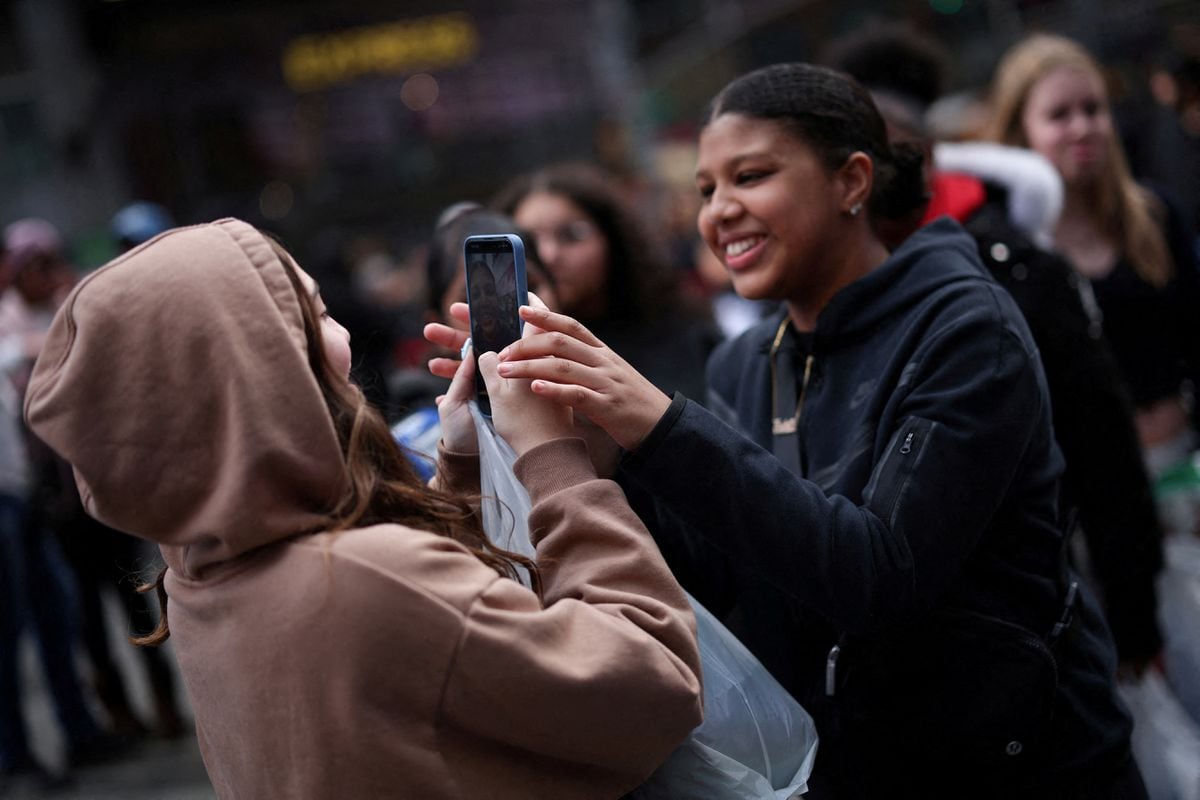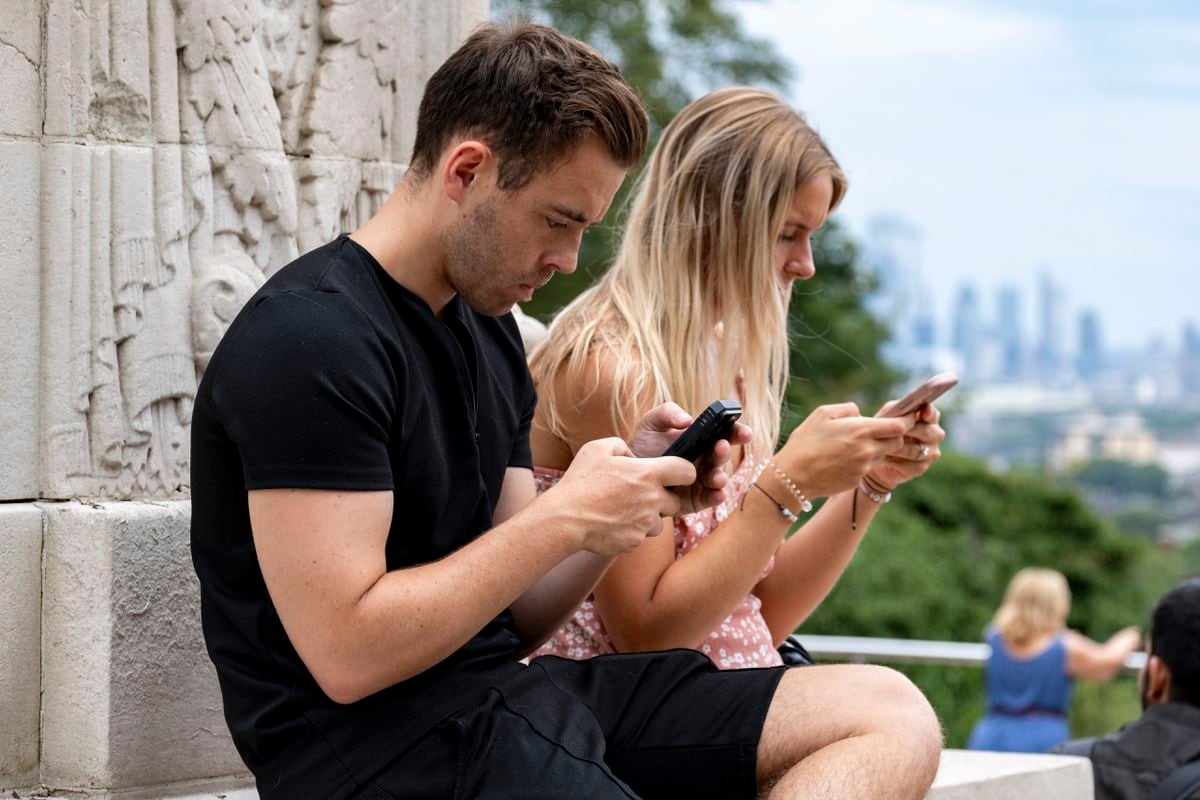- Click to share on Facebook (Opens in a new window)
- Click to share on Twitter (Opens in a new window)
- Click here to share on LinkedIn (Opens in a new window)
- Click to email a friend (Opens in a new window)
(CNN) - It's time for you to do it.
Yes, stop following that annoying fourth cousin you had already removed twice. Discard that girl you met in the hall once in seventh grade.
Today is the "Unfriend Day" (the national day to eliminate friends from Facebook), and it could be a good time to put order in your social networks.
In 2010, Jimmy Kimmel chose November 17 for this "commemoration" in an attempt to inspire people to eliminate those "friends" in social networks they barely know, and in some cases, they didn't even know each other. And we all have some people that we might consider saying goodbye electronically.
Those names you don't know
When a name appears in your news source and you wonder, wait, who? You probably haven't talked to this person since elementary school. Or they live in another state, but they met through a mutual friend. You haven't seen him in years ... if you ever met him.
Social psychologist Erin Vogel says that it is common, in an era of hyperconnectivity, to connect virtually with people we don't know so well. Sometimes, she says, those connections can be really positive. Other times, they are unnecessary and "do not serve us much."
Don't you recognize a name on your Facebook friends list? Maybe you should cut the cord (virtual).
Your ex whatever
That annoying ex-boyfriend, ex-girlfriend, former best friend or former lab partner. Whoever the ex is, today is the day to say goodbye. The clinical psychologist Suzana Flores knows the impact of persistent relationships on social networks. This he told Bustle in 2015:
“Seventy percent of people stalk their ex on social media,” says Flores, author of “” Facehooked: How Facebook Affects Our Emotions, Relationships, and Our Lives. ”
It's not always necessary to stop being a “friend” or stop following your ex, but if your use of social media begins to “interfere with your sleep, mental health or daily responsibilities,” says Vogel, it could be a good solution.
Anyone who discourages you
It can be anyone, from an old high school friend or a distant and grumpy relative to an influencer or a celebrity that just doesn't make you feel good about yourself. If they don't encourage you, cut with them.
Vogel says that social media platforms, such as Facebook and Twitter, can be detrimental to users' mental health when people are compared to those that follow.
“The influencers are paid to make their lives look perfect. Following them can make us feel that our own lives are not up to par, ”says Vogel, a member of the Stanford Prevention Research Center. "The use of social networks can be toxic when we use it to compare ourselves with idealized versions of the lives of others."
Several studies have found benefits of creating positive environments in social networks. A 2016 study published in the Journal of Medical Internet Research found that anxiety and depression are more frequent in social network users who had negative interactions in social networks, and less common in users who had “positive interactions, support social and social connection ”in social networks.
The detestable political vociferous
Facebook is the home of those who shout about politics. But sometimes, it can be more than an average voice of opinions. If you feel bombarded on social media with furious posts from a policy page, don't feel guilty for not following it anymore.
If it's simply unrealistic to stop being friends with your local political vociferous, Vogel suggests another option.
"Try using the 'silent' feature in applications like Facebook or Instagram," he said. "Sometimes it's unrealistic to stop being friends with someone, even if seeing their posts on social networks affects you negatively."
That person you just don't connect with anymore
As for the people with whom you are no longer close: an old co-worker, a former university professor or a neighbor of your childhood, do not feel guilty for removing them from your social networks.
"Eliminating connections can make more space in your news channel for close people," said Vogel, "which is a more rewarding way to use social networks."
Social networks are rooted in today's culture, from "likes" and retweets to followers and "friends." But Vogel says that “Unfriend Day” is a good opportunity to recognize how social networks affect us.
"Having a lot of followers or friends on social networks can make us feel and look like we are well connected and liked," he says.
A Vogel reminder for all social media users: don't be discouraged by losing some Facebook friends or Instagram followers on this “Unfriend Day”. It may seem like a rejection, he says, but "it is perfectly normal for connections with others to change over time."
FacebookInstagramTwitter








